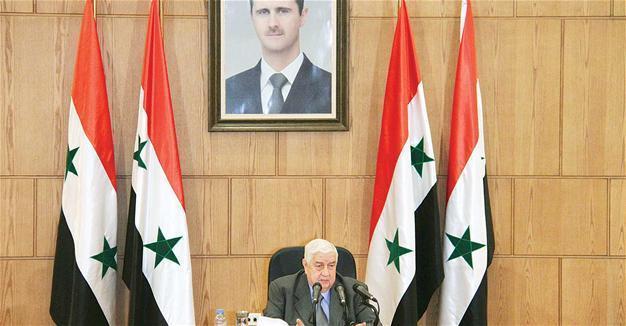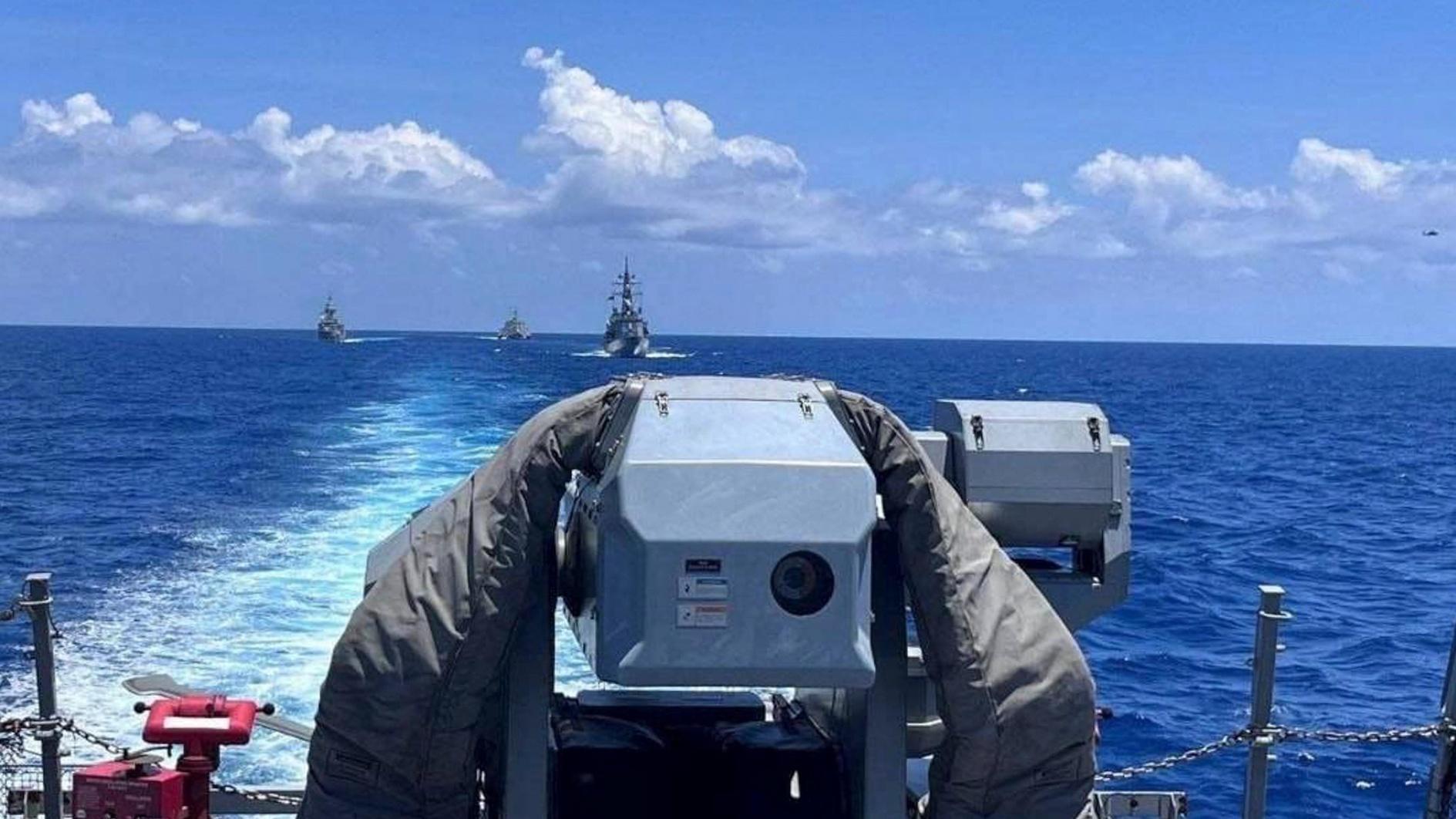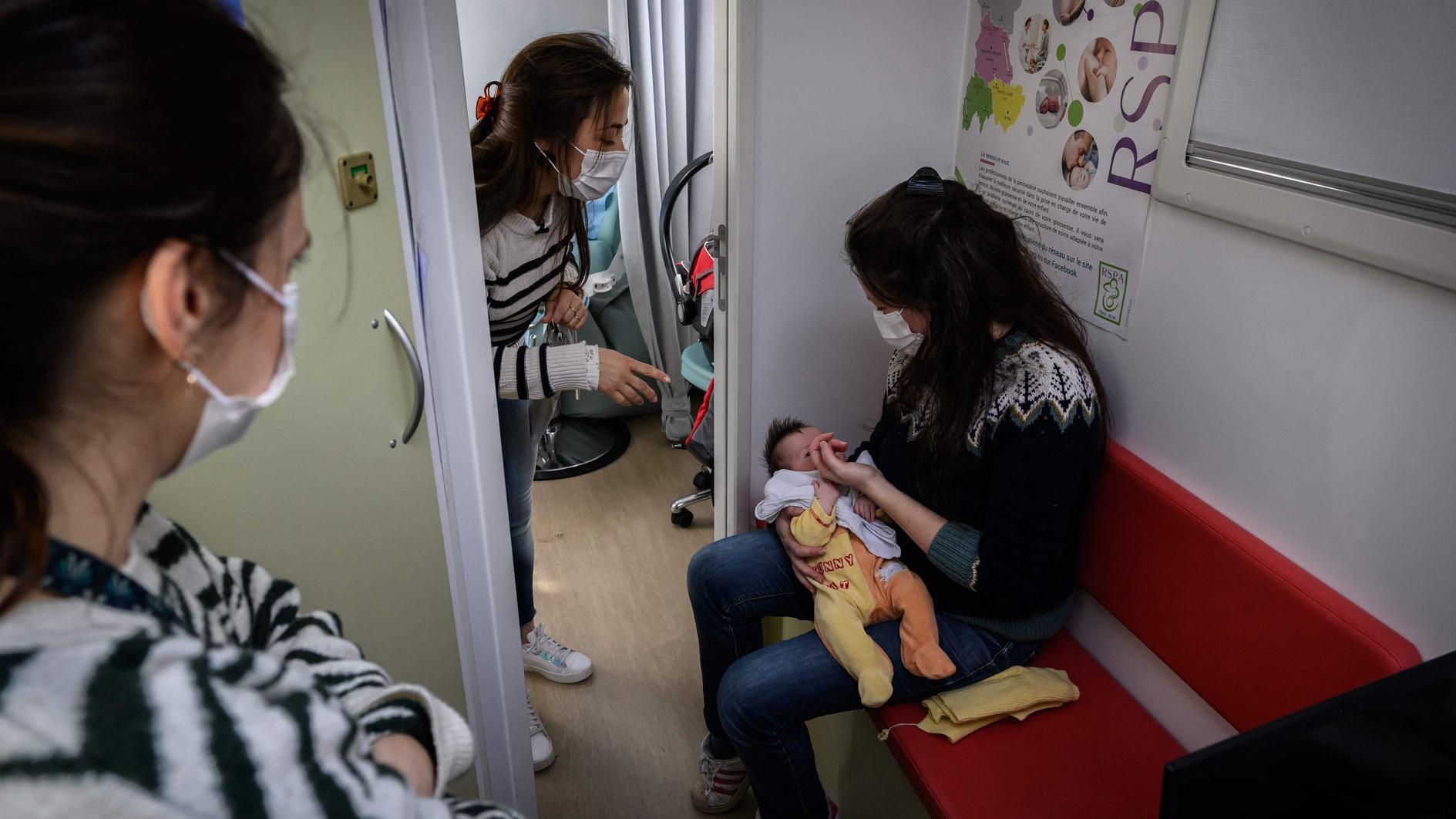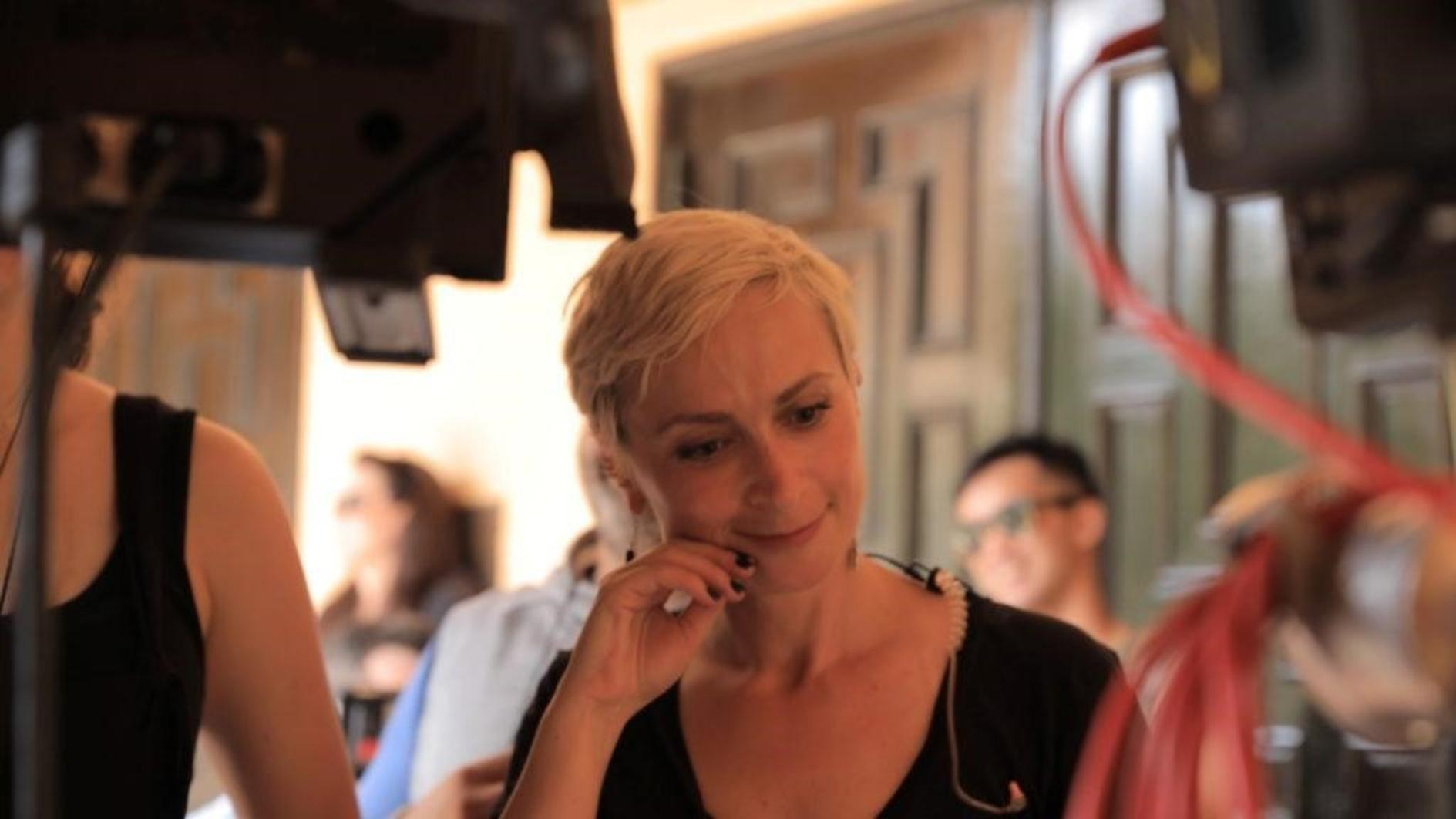UN calls on major actors in Syria to work for truce
GENEVA
 The United Nations urged the United States, Russia, Turkey and Iran on April 6 to help establish a 72-hour cease-fire in Syria in order to deliver humanitarian aid, two days after a suspected chemical gas attack killed at least 86 people in the northern Syrian city of Idlib.
The United Nations urged the United States, Russia, Turkey and Iran on April 6 to help establish a 72-hour cease-fire in Syria in order to deliver humanitarian aid, two days after a suspected chemical gas attack killed at least 86 people in the northern Syrian city of Idlib. “We [told] Russia, Turkey, Iran and the U.S. that we need green lights for the full April and May U.N. plan which is to reach more than 1 million people in the hardest-to-reach and besieged civilians of Syria,” state-run Anadolu Agency quoted U.N. humanitarian adviser Jan Egeland as saying April 6 after a meeting of the International Syria Support Group’s Humanitarian Access Task Force.
Noting that only one-third of this request had been approved by the Syrian regime, Egeland said this violated what the International Syria Support Group had agreed.
“We need 72-hour cease-fire in the areas where the battle is now raging,” Egeland said, pointing especially to Eastern Ghouta, the last remaining opposition stronghold near the capital.
“We need a 72-hour pause for Eastern Ghouta, and we need it in the coming days,” Egeland said.
He warned that the some 400,000 people besieged in the area near Damascus “are now suffering alone in the sense that they have a shortage of medical supplies, their hospitals have been bombed, and they are running out of food and other supplies.”
The task force meeting also discussed the suspected chemical attack that left at least 86 people dead, 30 of them children, in the rebel-held town of Khan Sheikhoun in northwestern Syria on April 4.
“A war where children suffocate to death because of toxic chemicals is a very, very dirty war,” Egeland said.
The international outrage is growing over the harrowing attack.
French FM calls for al-Assad’s prosecution
In France, Foreign Minister Jean-Marc Ayrault urged the resumption of Syrian peace talks and said he wanted Syrian President Bashar al-Assad’s government to be prosecuted over its alleged use of chemical weapons.
“These crimes must not remain unpunished. ... One day, international justice will rule on al-Assad,” Ayrault said.
The Syrian government has denied it carried out any chemical attack on the town in Idlib.
Syrian Foreign Minister Walid Moallem reiterated that stance on April 6, telling reporters in Damascus that his government never used and will not use chemical weapons in Syria.
“The Syrian Arab Army has never used chemical weapons and will not use chemical weapons against Syrians and even against terrorists,” Moallem told the news conference.
Moallem also set conditions for any international inquiry into the suspected chemical attack, saying it must not be “politicized” and should set out from Damascus and not Turkey.
Russia has said the deaths at the attack were caused by a gas leak from a depot where rebel groups were storing chemical weapons, after a Syrian air strike.
Moallem said a Syrian air strike had hit a store where the al-Nusra Front was storing chemical weapons. The al-Nusra Front is a jihadist group that now operates as part of an alliance called Tahrir al-Sham. He said the al-Nusra Front and the Islamic State of Iraq and the Levant (ISIL) had both been storing chemical weapons in urban areas of Syria.
Russia argued at a U.N. Security Council meeting on April 5 against holding al-Assad’s government responsible for the Idlib attack.
US may take ‘our own action’
The U.S. ambassador to the United Nations, Nikki Haley, warned that the Trump administration would take action if the Security Council did not.
“When the United Nations consistently fails in its duty to act collectively, there are times in the life of states that we are compelled to take our own action,” Haley said.
U.S. Secretary of State Rex Tillerson urged Russia to rethink its support for al-Assad.
“There is no doubt in our mind that the Syrian regime under the leadership of Bashar al-Assad is responsible for this horrific attack,” Tillerson told reporters on April 5. “And we think it is time for the Russians to really think carefully about their continuing support for the Assad regime.” Tillerson is due in Moscow next week for talks that will now be clouded by the Khan Sheikhoun controversy.
One day later, Russian President Vladimir Putin slammed “unfounded accusations” over the “incident with chemical weapons” in Syria in a phone call with Israeli Prime Minister Benjamin Netanyahu, the Kremlin said.
“Putin in particular underlined the unacceptability of making unfounded accusations against anyone before a thorough and impartial international investigation is carried out,” the Kremlin said in a statement.
This statement came after Kremlin spokesperson Dmitry Peskov said the U.S. allegations that Syrian forces carried out the deadly chemical attack were not based on “objective” information.
“We consider a much more measured approach necessary and do not think it is possible to surrender oneself to hasty conclusions about what happened in Syria in the Idlib province,” Peskov told reporters.
“It was really a threatening development of events, very dangerous and a monstrous crime,” he said, referring to the incident.
The United Nations Commission of Inquiry on Syria and the Organisation for the Prohibition of Chemical Weapons (OPCW) both said they were investigating the attack.
German Chancellor Angela Merkel said on April 6 it was a scandal that the U.N. Security Council did not pass a resolution condemning the suspected chemical attack.
“It was a barbaric attack that must be cleared up. The use of chemical weapons is a war crime,” Merkel told a news conference in eastern Germany, adding there were some indications it was carried out by al-Assad’s forces.
“It is a scandal that no U.N. Security Council resolution materialized and those who opposed it must consider what responsibility they bear,” she said.
















